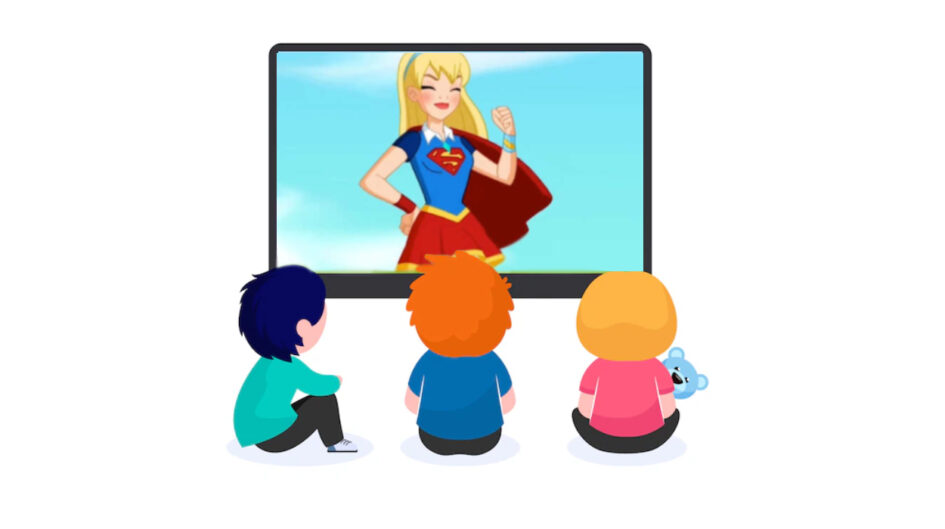I’m going to start this article with a flex: I watched all 809 episodes of Anupama. Now you may either call me a pseudo-feminist with zero social life or a man who just loves watching shows with his grandmother. While one of these two reasons is 100% valid, the reason I do watch Anupama without anyone forcing me is rather dark and dreary.
If you are not aware the show Anupama is a Hindi daily soap that highlights the daily life of a typical homemaker by the same name. After she red-handedly catches her husband of 25 years sleeping with another woman on her wedding anniversary, she decides to fight her family and file for a divorce. It’s a story of a normal woman, who decided to live with her dignity instead of bowing her head and living as a slave of her prestige.
Now I may be praising the show today, however, three years ago when I first discovered the show: I, like many others, was quick to dismiss it as any ordinary melodramatic soap. I even fought a bunch of people about it. One day I found my mother and my sister watching it, curious I asked them what she found so interesting about the show. And what my mum said, shocked me to my core. “This is the only show, that actually represents women for what they are: free slaves.”
According to a report by BBC over 160 Million women in India are either employed as Domestic Help or work as Home Makers all across the country. All of them are expected to do hard work for jobs that are otherwise regarded as thankless and degraded. The story of Anupama hits so hard home to these women, who have lived their entire lives forgetting about their dreams.
Unlike other Indian soaps, which are infamous for their cliched tropes and over-dramatization of the typical Indian Middle-Class household, Anupama brings a fresh perspective to the table that has been absent from Indian television for the past decade. Under regular circumstances, I would never watch this show. I’m a guy with picky tastes in television. With OTT on the rise and with hit shows like Money Heist and Squid Game available at the snap of a finger, I would have never even thought of ever watching Indian soaps again.
Anupama changed that. I, who had always considered myself a feminist ally, was being drawn into the true perils of life as a woman. I had become exposed to a long list of problems that I, as a man, could never understand. The fears of exploitation, rape, harassment, disease, and societal pressures that women faced on a daily become starkly clear to me. Curious, I decided to do my research on these problems. What I learned was deeply unsettling.
According to UNICEF, the primary cause of death amongst women happens to be a lack of access to maternity care and improper sanitation during sensitive times of the month. This one issue alone steals the lives of 500,000 women every year, with the majority being girls between the ages of 15 and 19. What’s worse is that the main cause of the murder of women happens to be pregnancy in many parts of the world.
What many men take for granted: sanitation, power, health care, safety, equal pay, and respect are some of the most basic requirements that women all across the world struggle to achieve. expect our ladies to take care of our homes, compete with us at our jobs, give birth to our kids, raise them, shape them, build them, fight for our rights, take care of their health, cook our food, and at the end of the day we have the gall to feel insecure about women in the workplace.
Now don’t get me wrong, I have strong opinions of how some women who call themselves modern-day feminists will often misuse the vast influence they have to sew together false narratives and push dangerous agendas. But I think on a larger scale, men need to be more aware of the dual life women live every day.
To be falsely accused of being given freedom, yet chained by the stigmas and expectations of society, family, media and religion is the greatest irony of a woman’s existence. In a nation where we pray to women as goddesses at every given moment, would it be too much to give them the freedom they so deserve? How much longer shall we force them to live this facade of lies, much longer must they live like free slaves?
It is high time that we raise the veil and accept the deep and dark history that women have had to endure. So, that our generations and future generations to come can also enjoy an equal and bias-free society.



February 24, 2024 at 11:07 AM
good bro